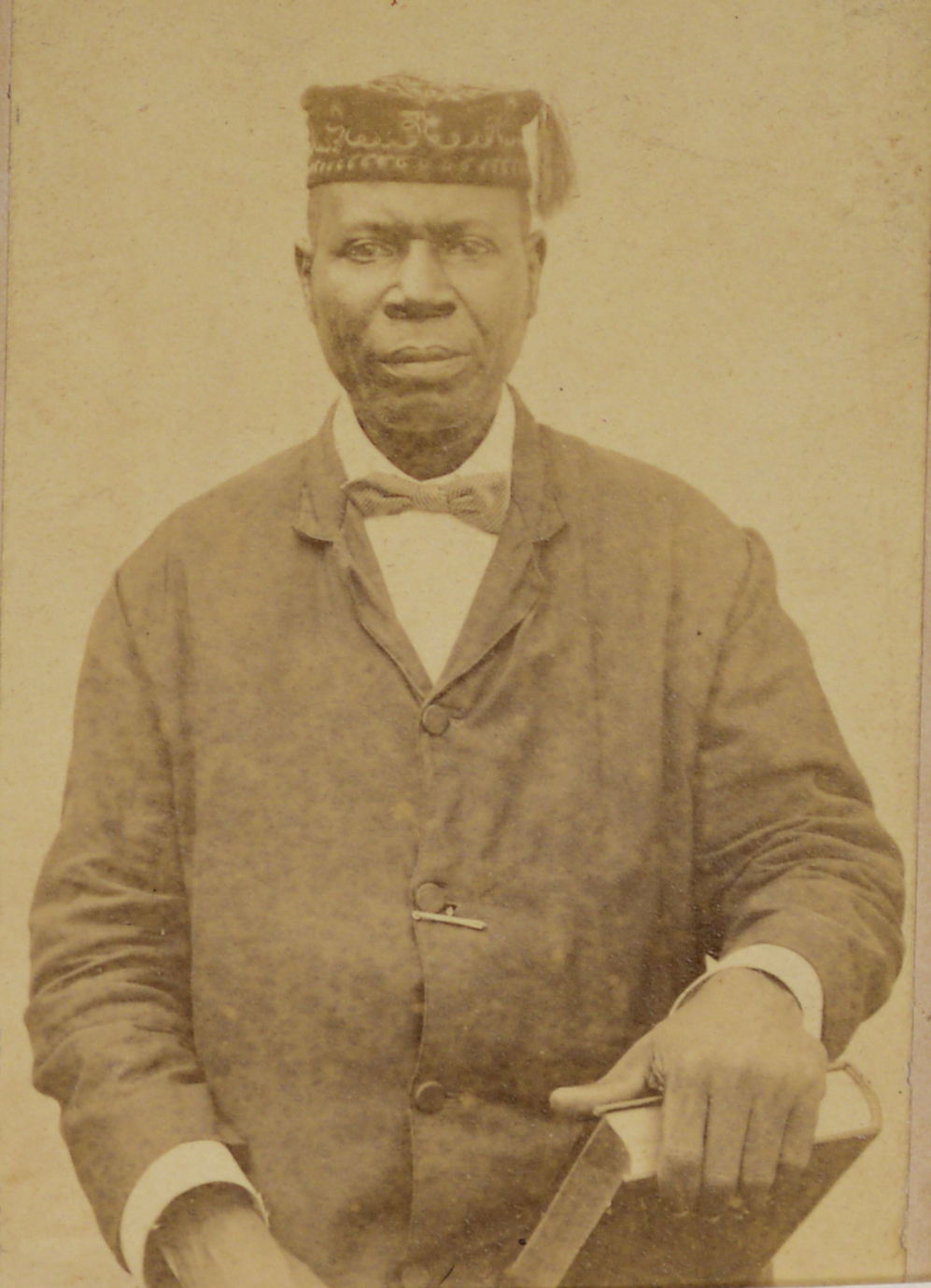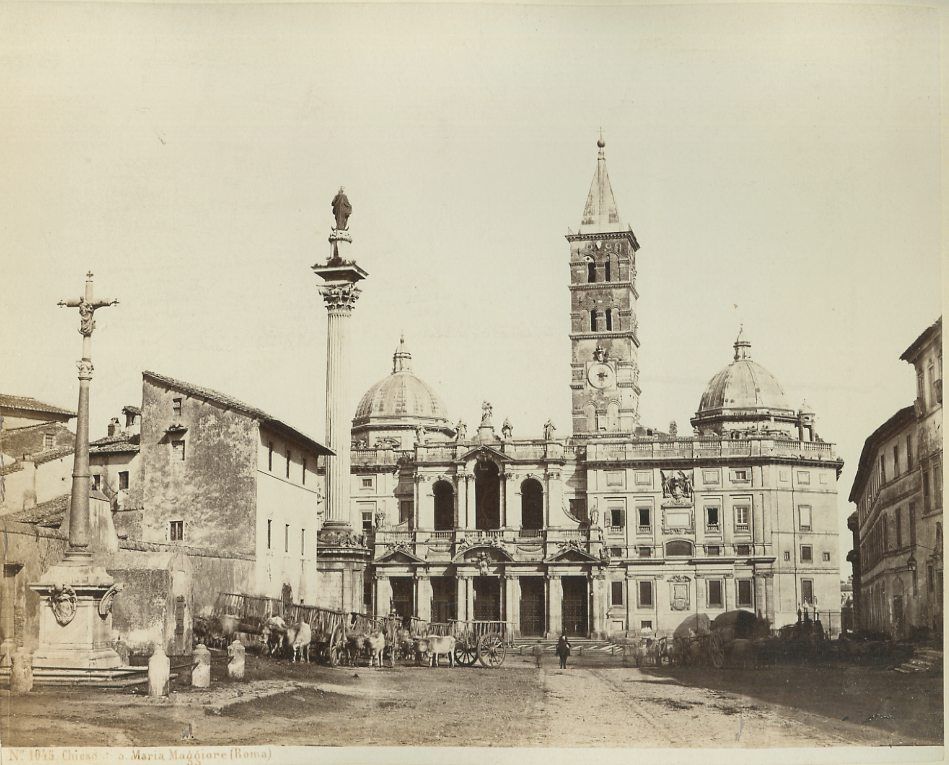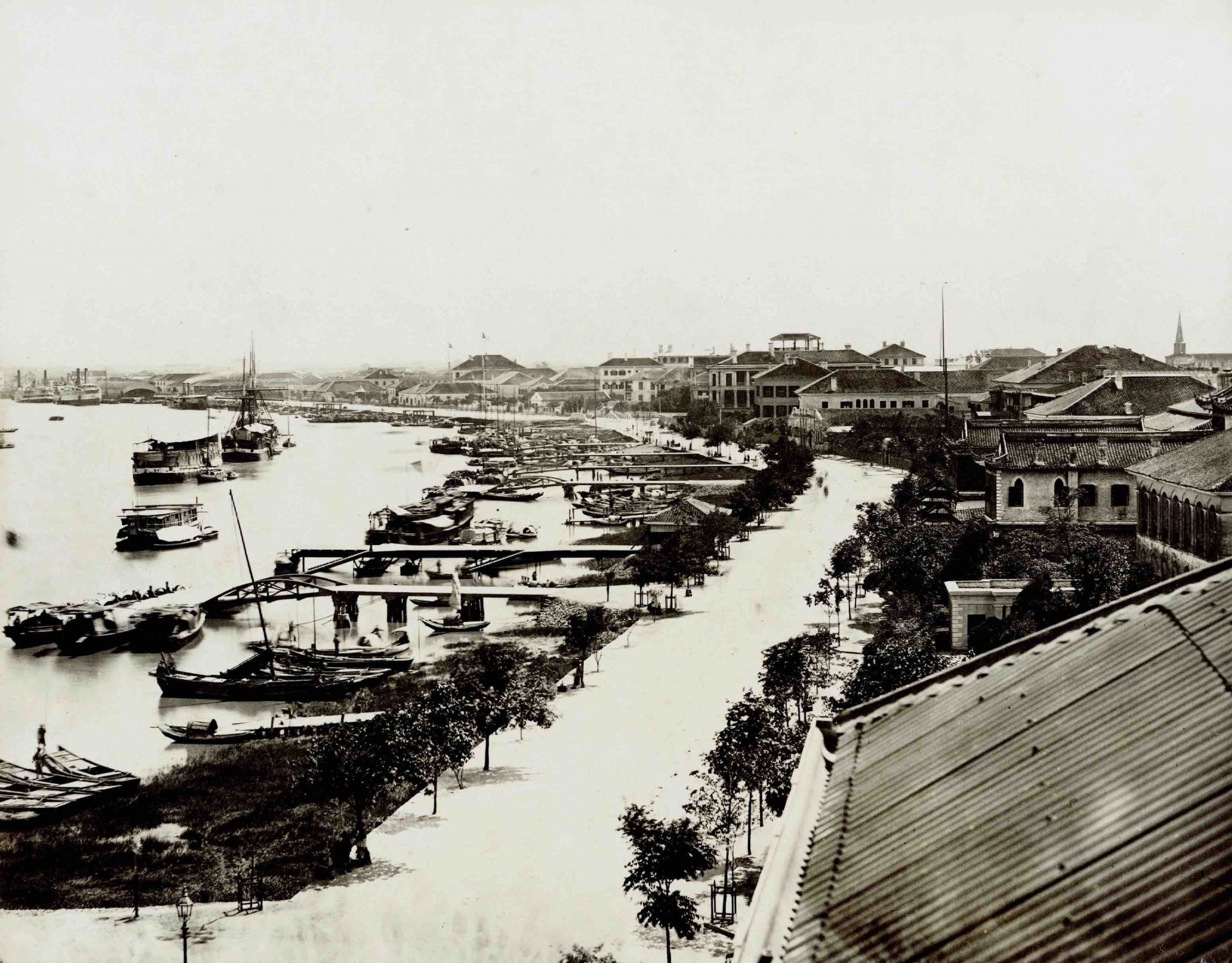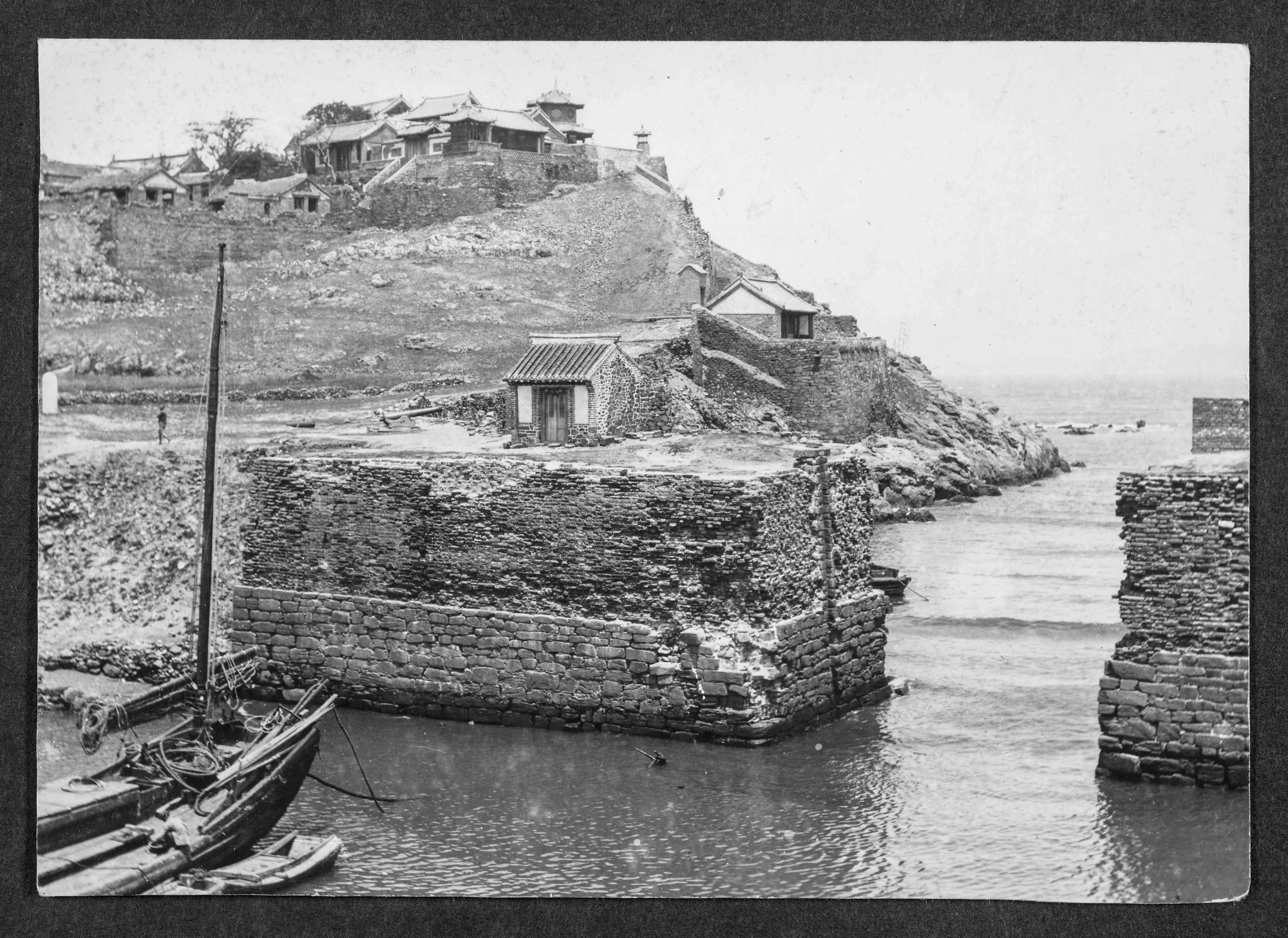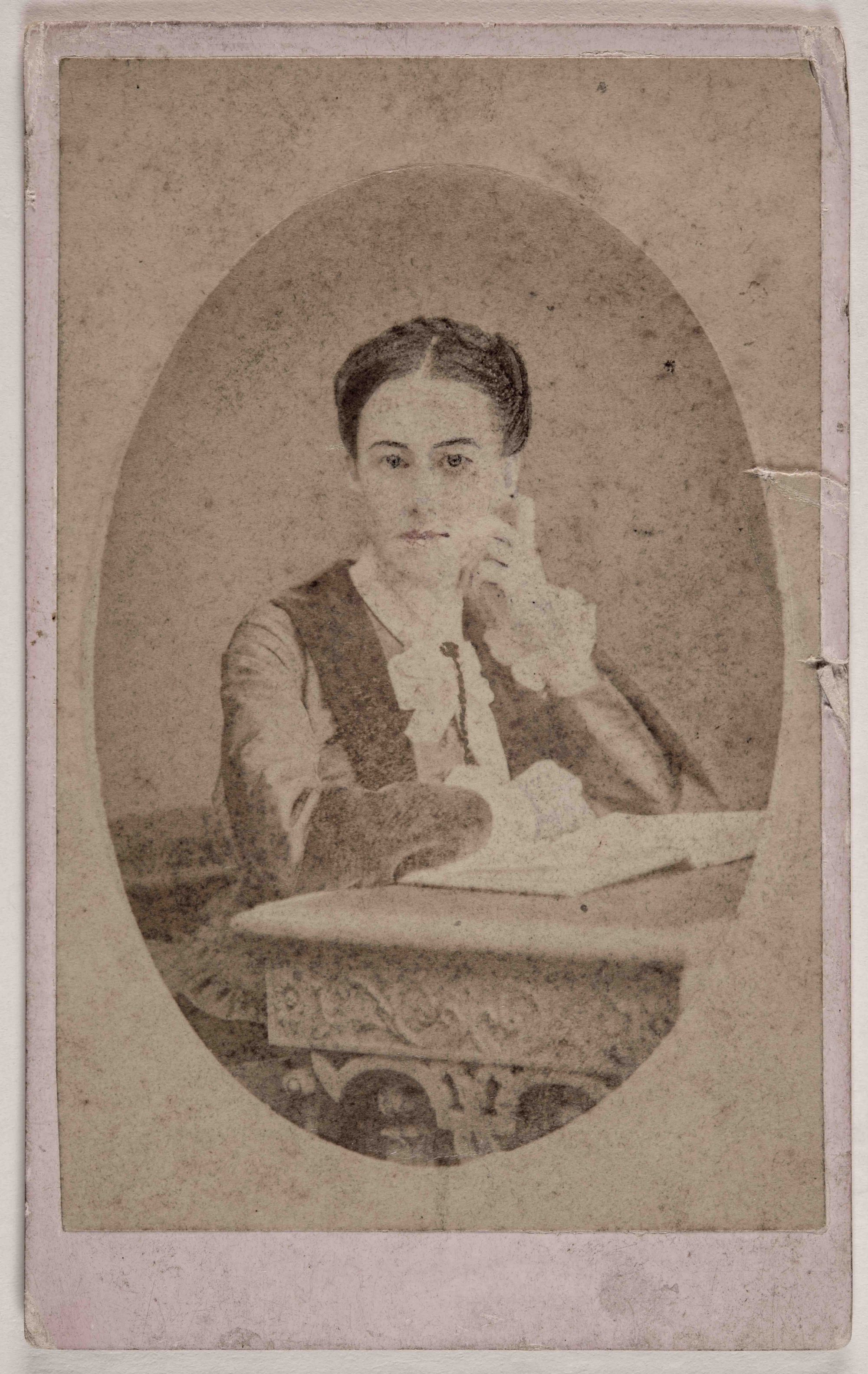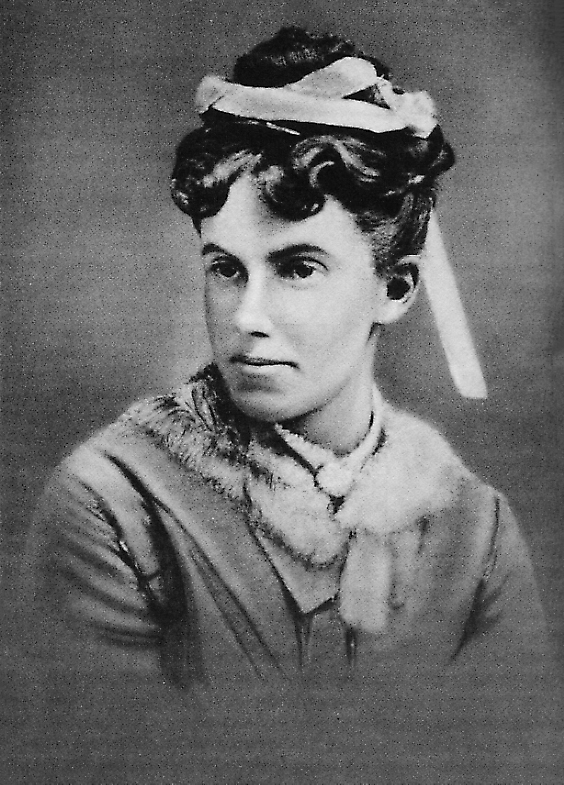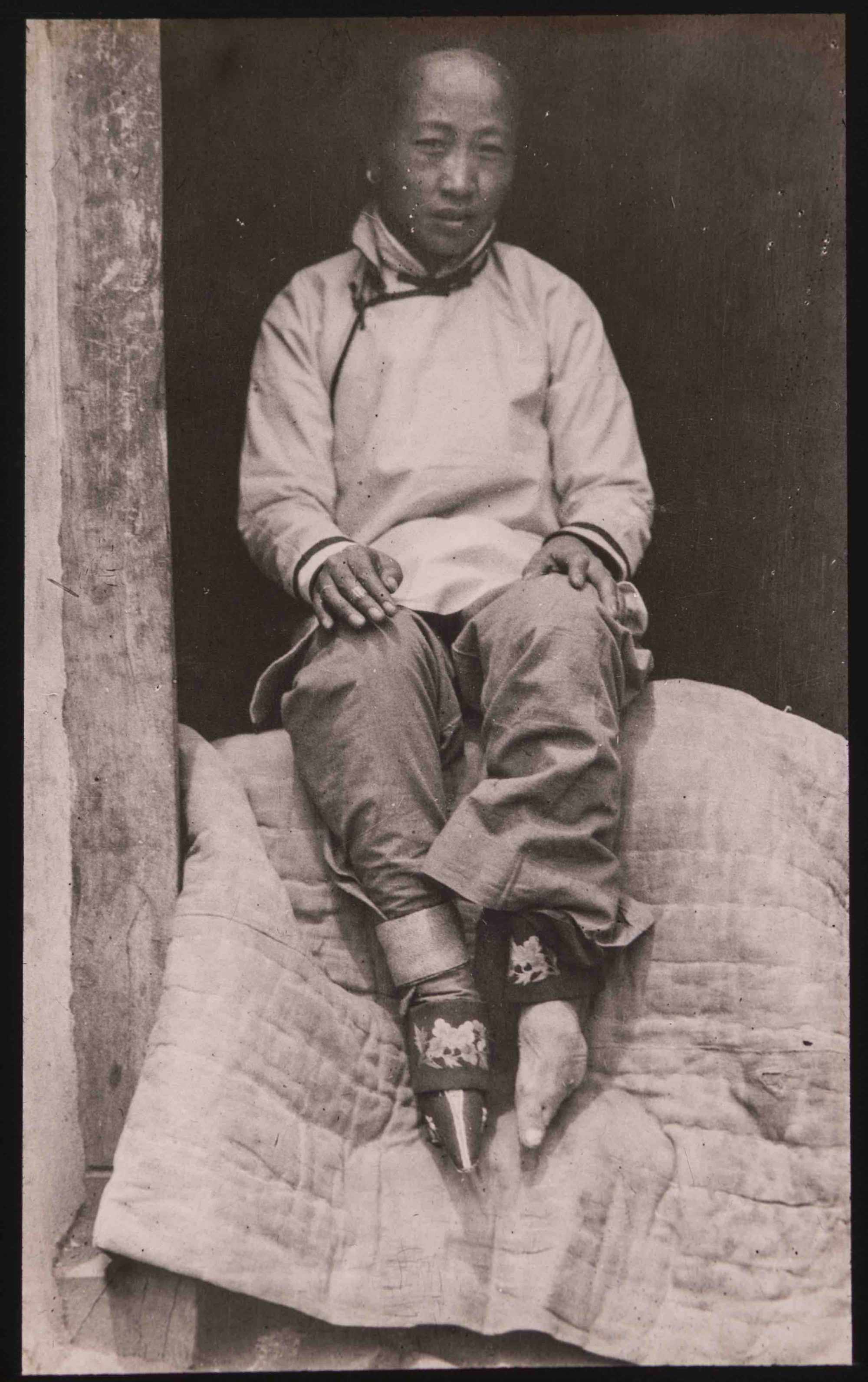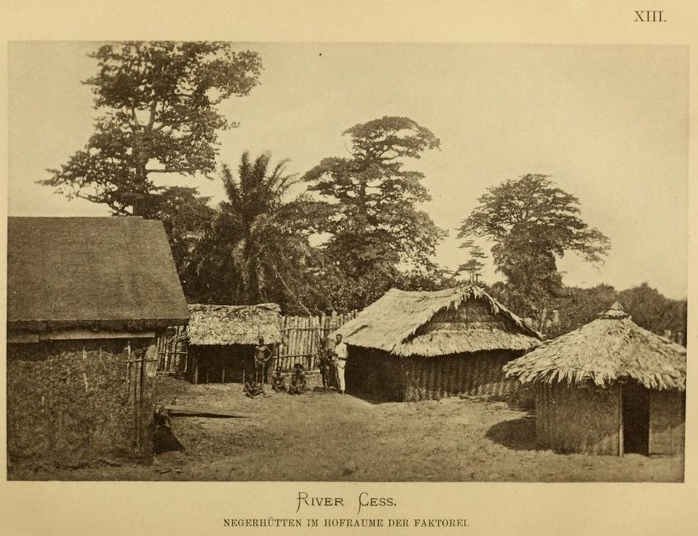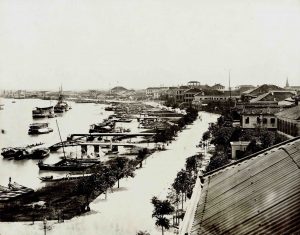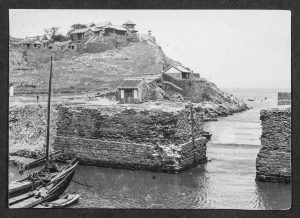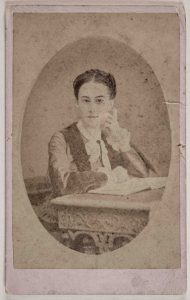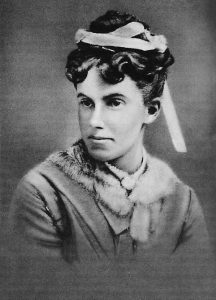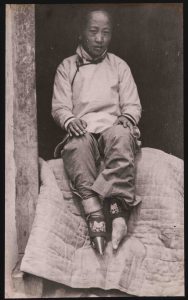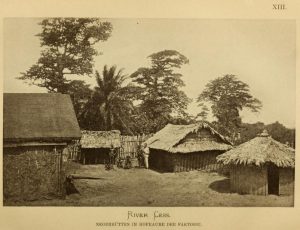1870s
In the 1870s the FMB saw the value of appointing single females, including Lottie Moon, as missionaries. Women’s missionary societies strengthened as they raised funds and advocated for missions.
After the chaos of the U.S. Civil War, the 1870s were a period of new beginnings. The Foreign Mission Board opened up work in Italy, a field that was particularly exciting to Southern Baptists now that Catholics controlled only a small area of Rome. In Africa, where work halted in the early 1860s due to civil conflicts and an anti-Christian uprising, new ministry started in 1875. Missionaries William David and W.W. Colley, an African American, closed down work in Liberia and reopened the Nigeria mission.
This decade also ushered in the explosion of the women’s missionary movement. In the FMB’s earliest years, a single woman was appointed to China, but her service was short-lived. The organization then refused to send out single females, asserting they were not suited for foreign missionary service. But by the 1870s, Baptist women were pushing to go overseas, and, as one of his final acts, FMB leader James B. Taylor appointed Lula Whilden to China in 1871.
New FMB leader Henry Allen Tupper was eager to appoint women, both married and single, for they could minister in lands where women were not permitted to associate with men outside their families. In 1872 Edmonia Moon (sister to Southern Baptists’ beloved missionary, Lottie Moon) went to China, and Lottie followed a year later.
IMB Milestones
Significant Ministry Events
Single Females Granted Appointment as Missionaries
The Foreign Mission Board appointed Lula Whilden to China, reviving the appointment of single female missionaries. She and her married sister became the first “missionary kids” (children who grow up on the mission field) to serve as Southern Baptist missionaries.
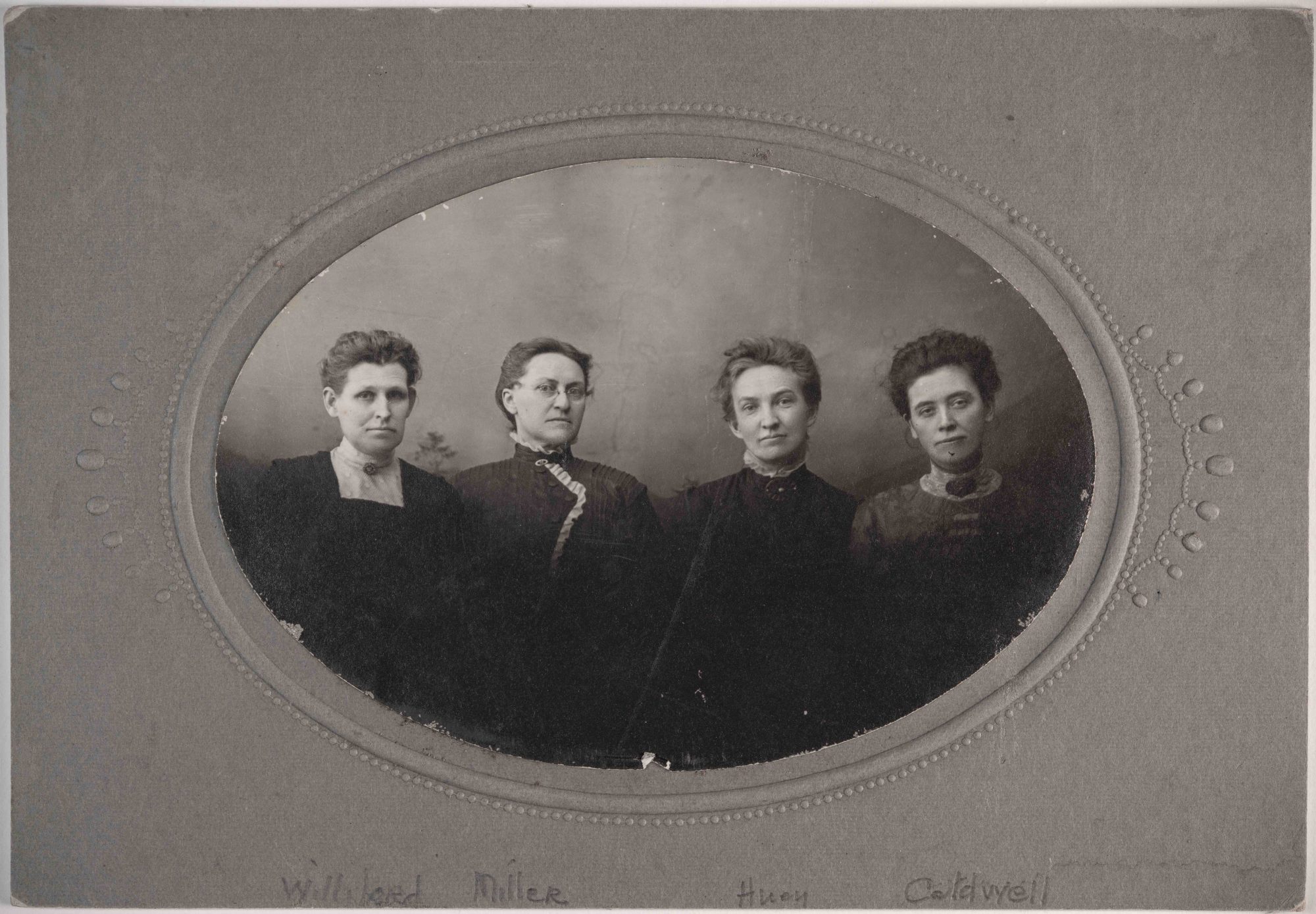
Henry Allen Tupper Elected Executive Leader
Pastor Henry Allen Tupper became the leader of the Foreign Mission Board. Over the next 21 years, he guided the organization through debt issues and theological controversies. His humble yet determined support also led to significantly increased involvement of women in missions.
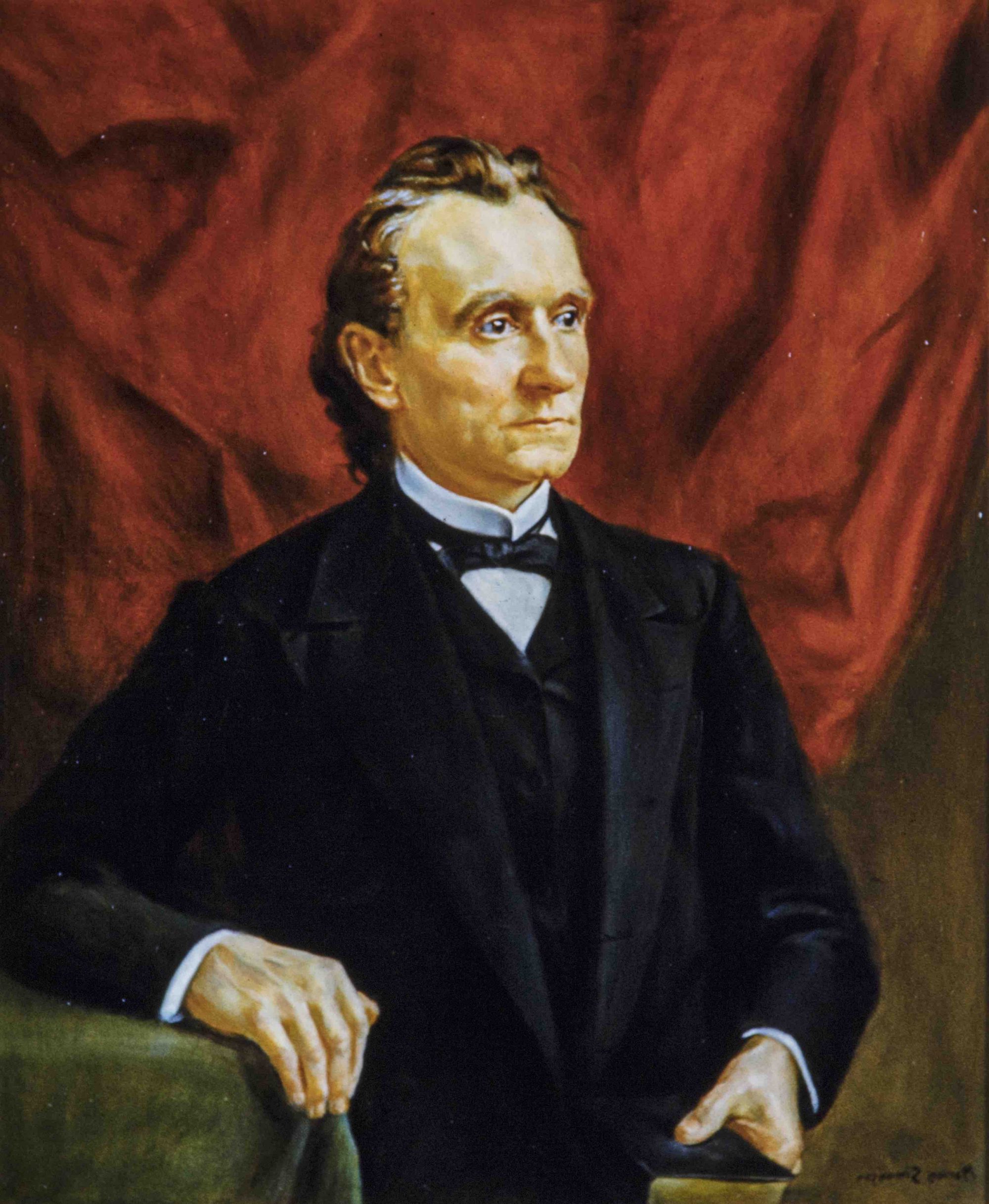
Lottie Moon Appointed to China
The Foreign Mission Board appointed Charlotte D. “Lottie” Moon to China. Her heroic service and challenging letters home over the next four decades rallied Southern Baptists to the cause of missions.
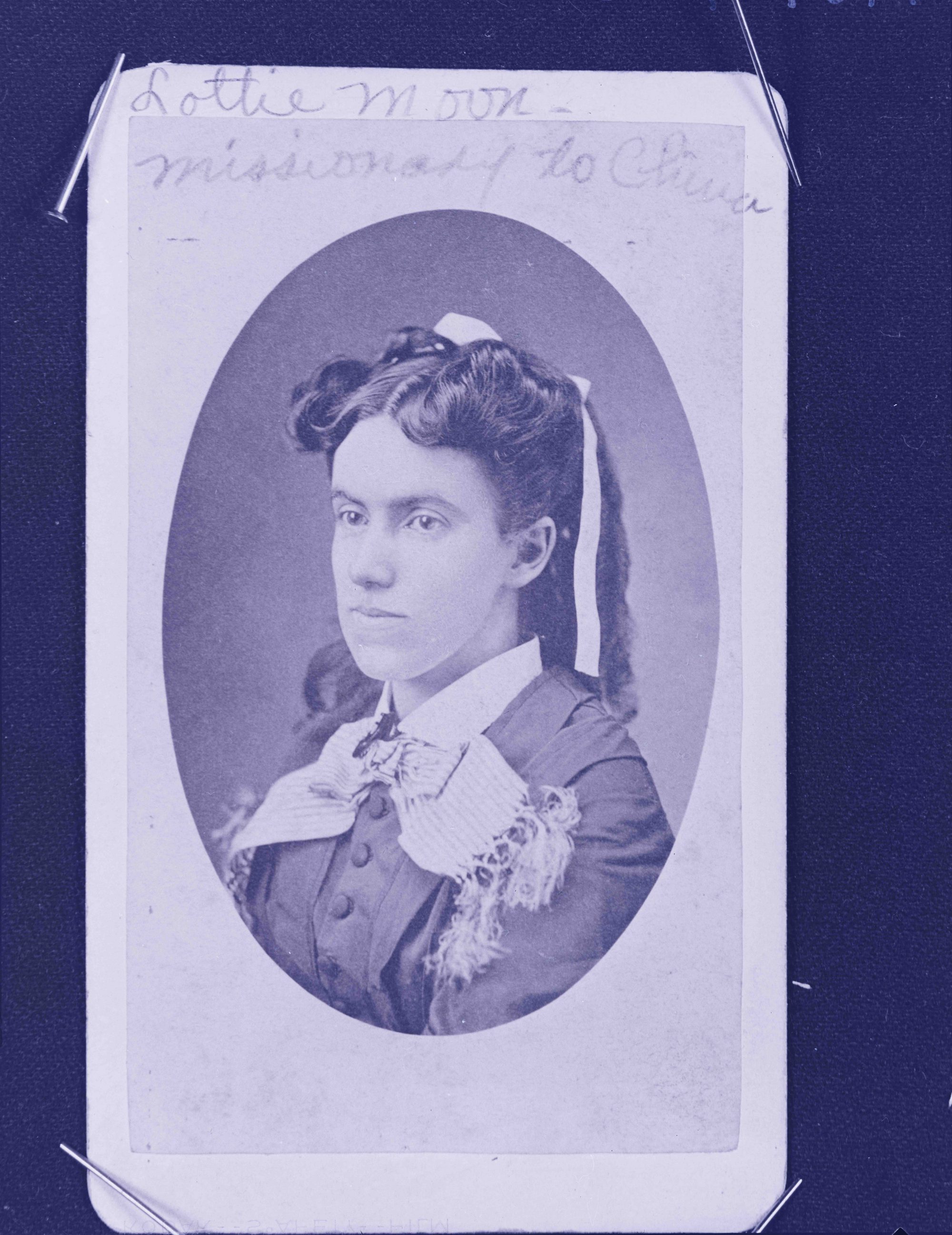
The Commissioning of Lottie Moon
How did a young woman who mocked and rejected the gospel become one of Southern Baptists' preeminent missionaries?
Missions in Context
Major World Events
Franco-Prussian War Unified German States
The French Empire declared war on Prussia and its German allies, following Prussia’s bid for the Spanish throne. France was defeated, and Otto von Bismarck, as prime minister of Prussia at the time, was able to unify the German States under Prussia as a result.
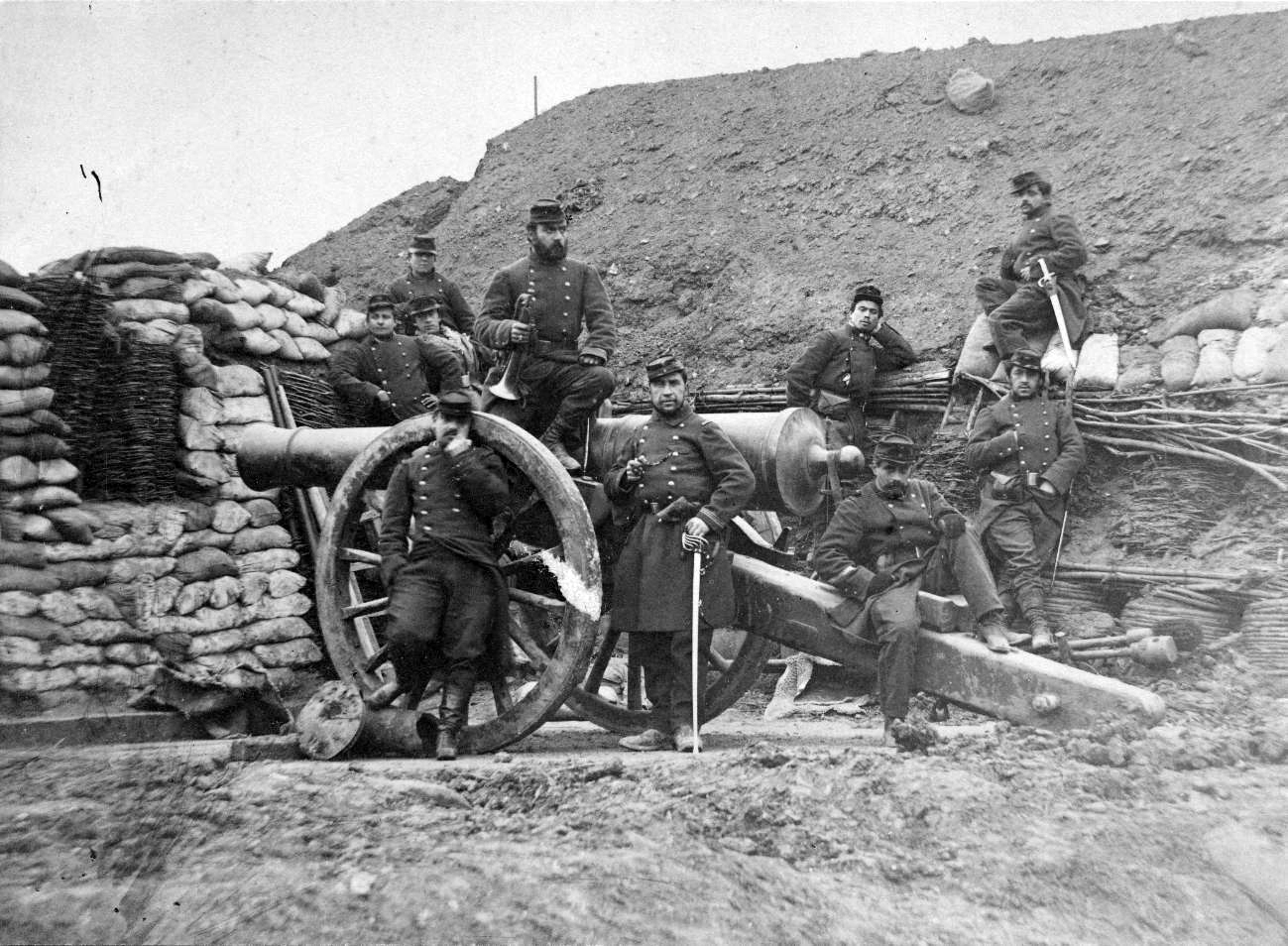
European Economic Crisis Affected Nations Worldwide
Inflation and the railroad boom in the U.S., various nations shifting from a silver to a gold standard, fires in Chicago and Boston, and ripple effects from the Franco-Prussian War caused a global economic crisis that affected Europe, North America and all industrialized nations. It was originally known as the Great Depression until it was eclipsed by the crisis of the 1930s.
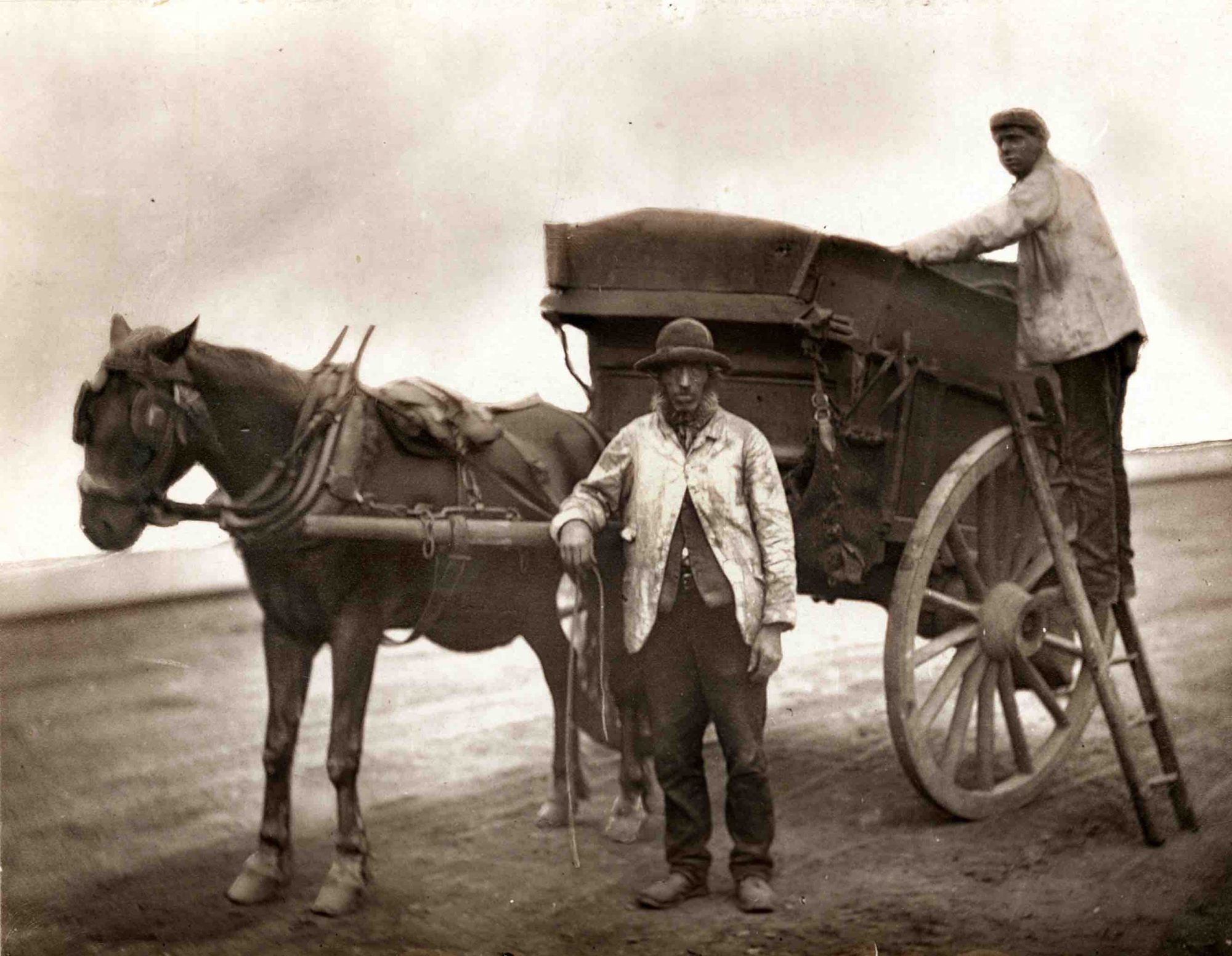
First Commercially Successful Typewriter Marketed
The Sholes & Glidden Type Writer, the first machine of its kind to achieve commercial success, was marketed by Remington and Sons. The first typewriter in use by Foreign Mission Board missionaries was purchased in Mexico in 1889. In 1893, the FMB’s executive leader received funding for the home office’s first typewriter.
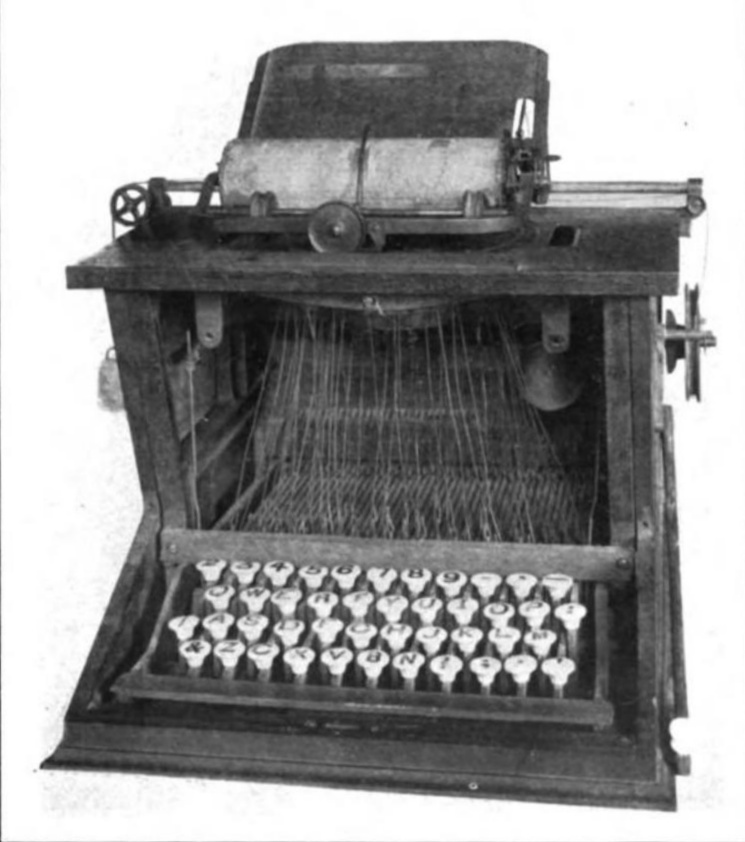
Alexander Graham Bell Received Telephone Patent
The telephone gave people all over the world the ability to communicate more quickly and easily by allowing the human voice to transmit telegraphically. In 1900, the first telephone was installed in the Foreign Mission Board home office in Richmond.
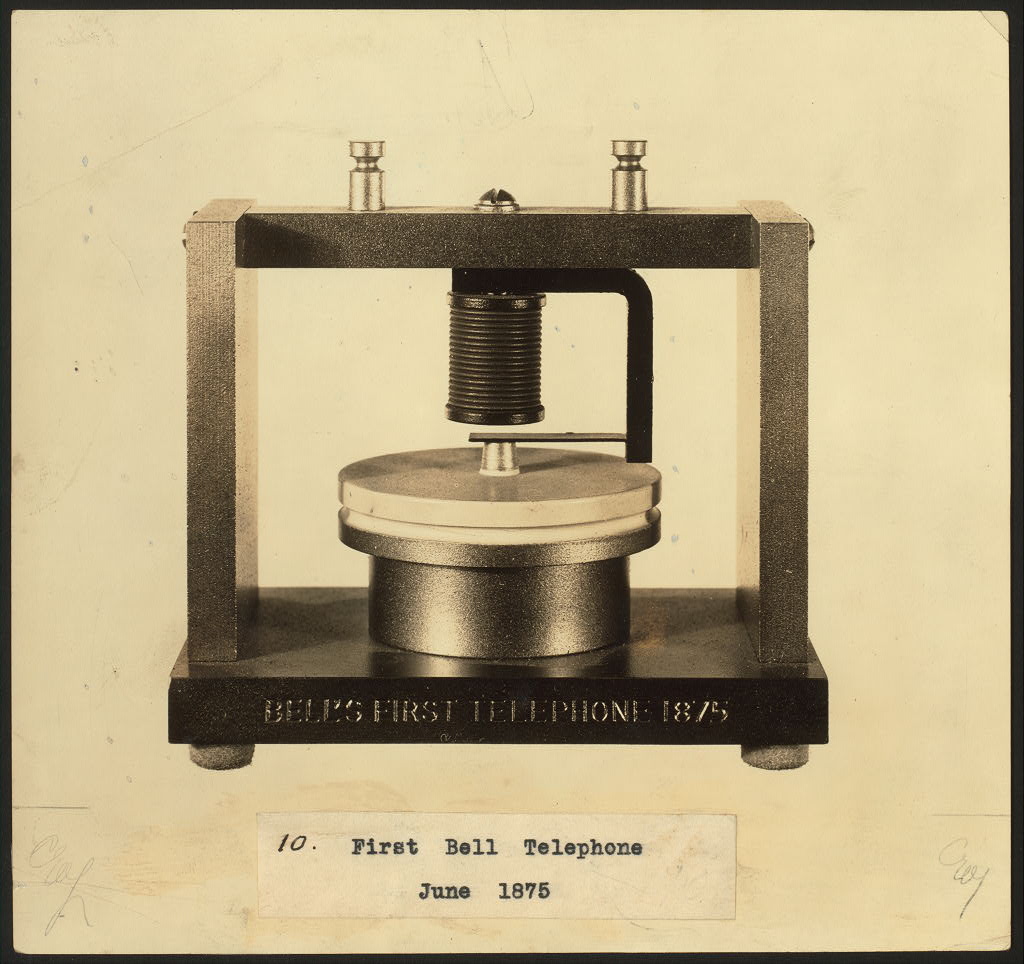
Edison Demonstrated Incandescent Lightbulb to Public
While Thomas Edison did not invent the lightbulb, he improved it and worked to create a system whereby common people could have inexpensive electric light in their homes.
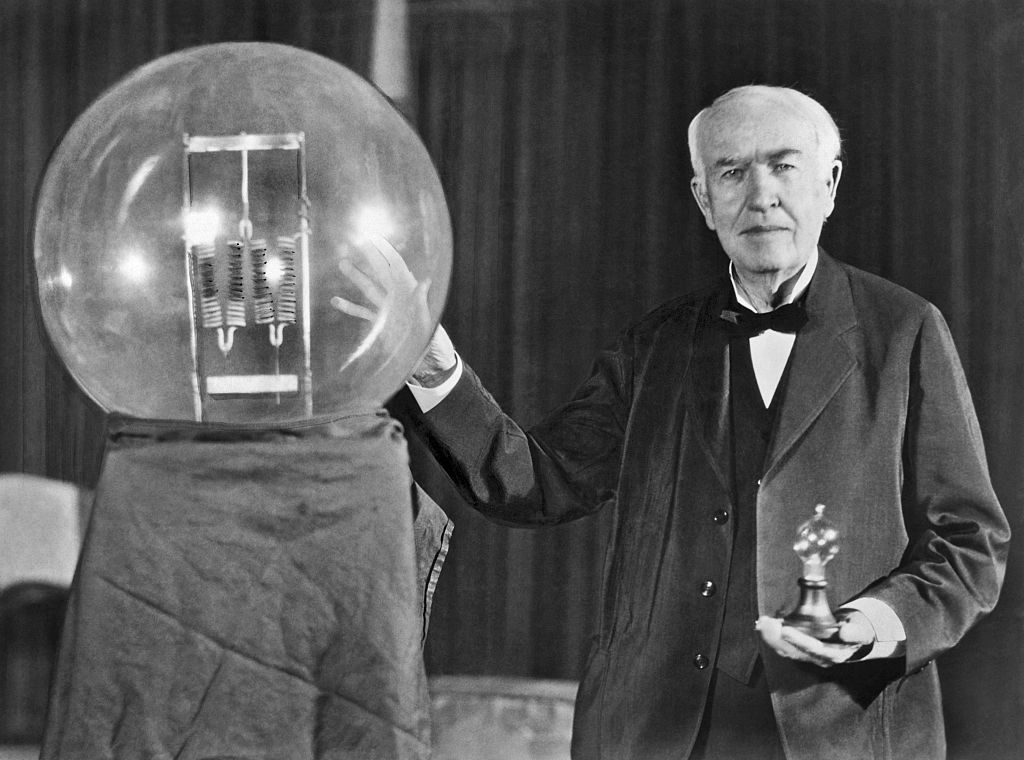
Missionary Profiles
Honoring Faithful Service
George Boardman Taylor
A delayed trip and unexpected day in a new town wouldn’t sidetrack the plans of George Taylor.
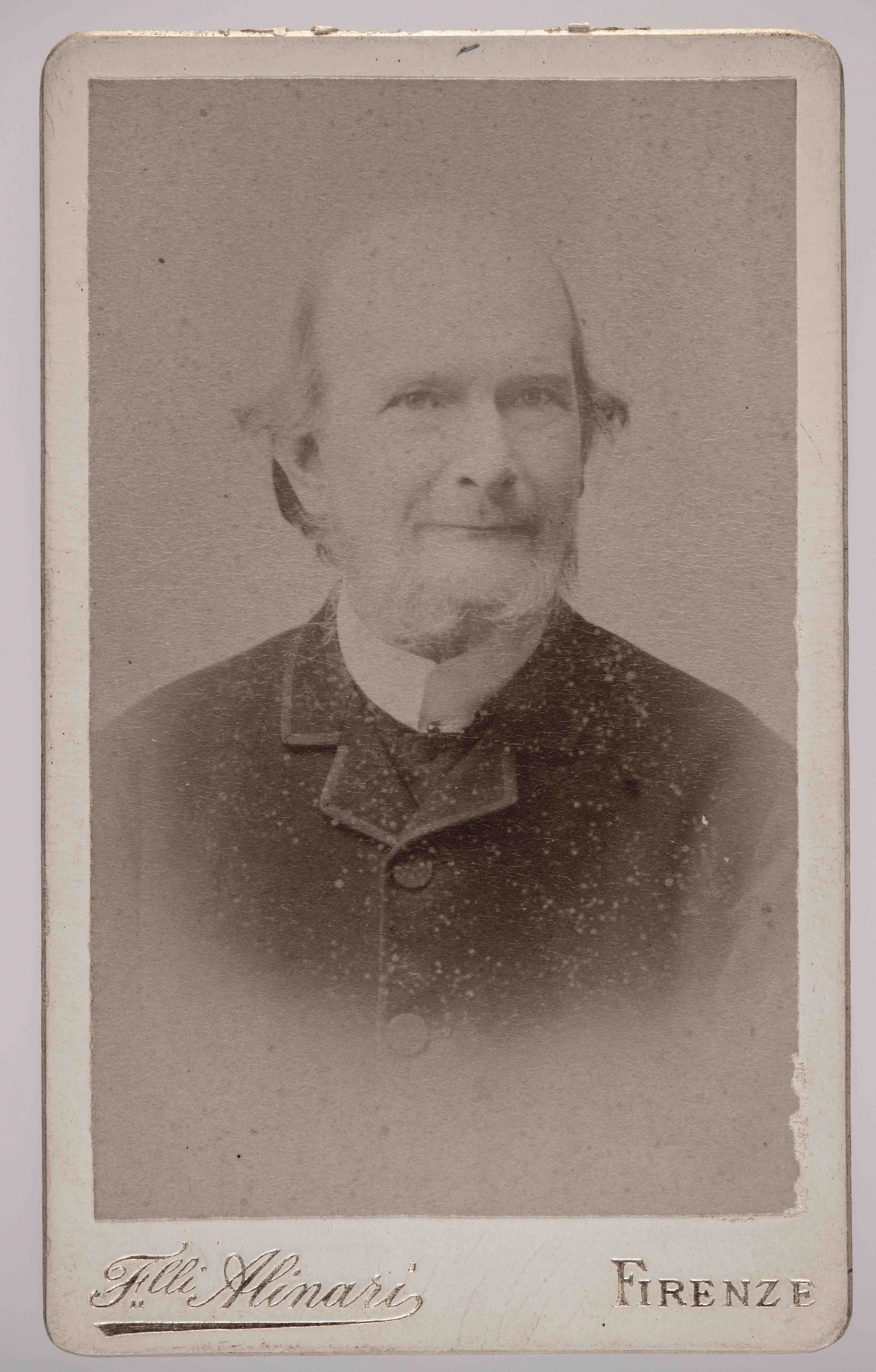
Lula Whilden
With a heart for the most destitute, Lula had to visit with the beggar woman one more time. She prayed she wouldn’t be too late.
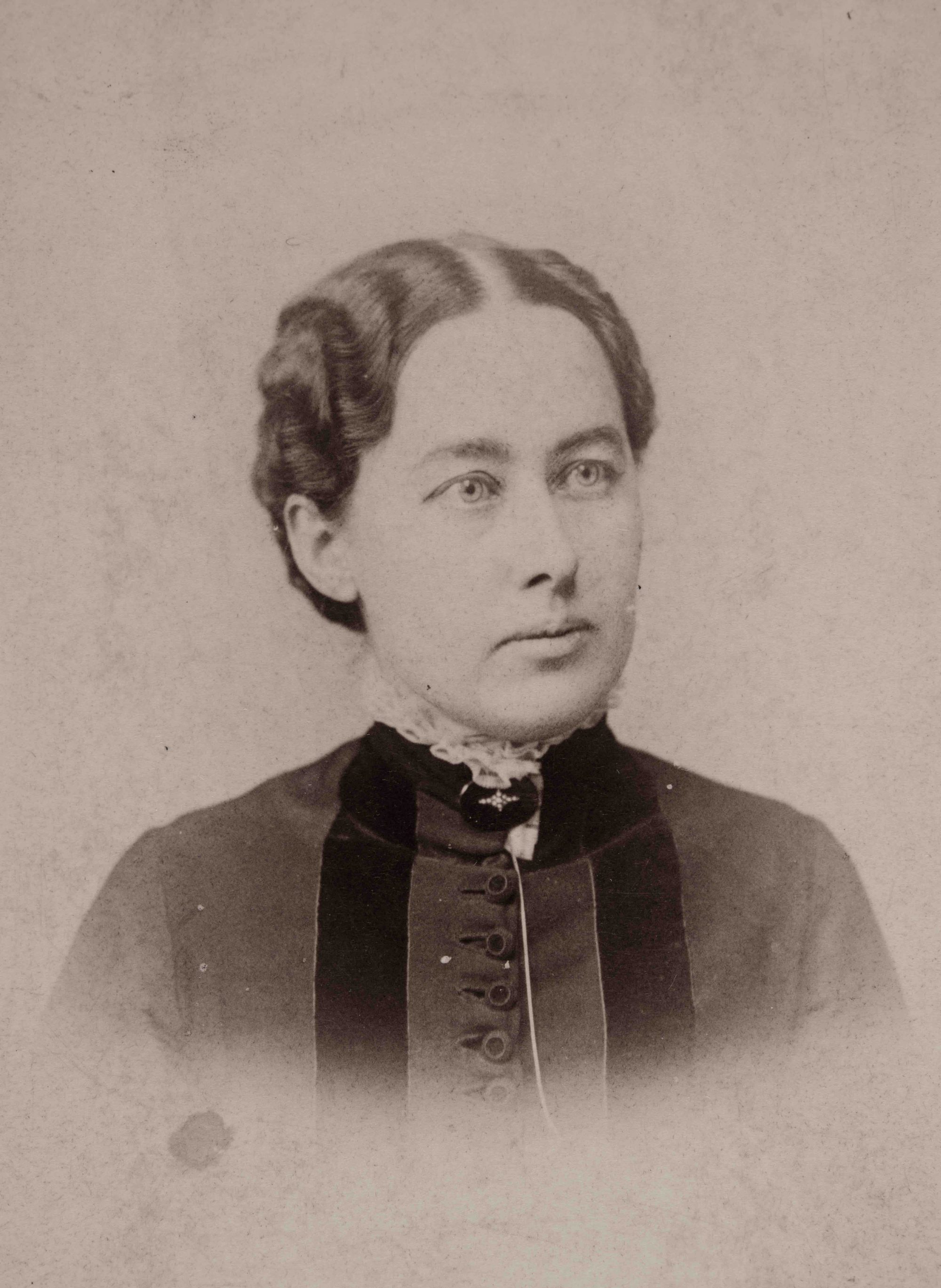
William and Nannie David
As Nannie lay dying onboard a ship in Africa, her last words to her husband were “never give up Africa.”
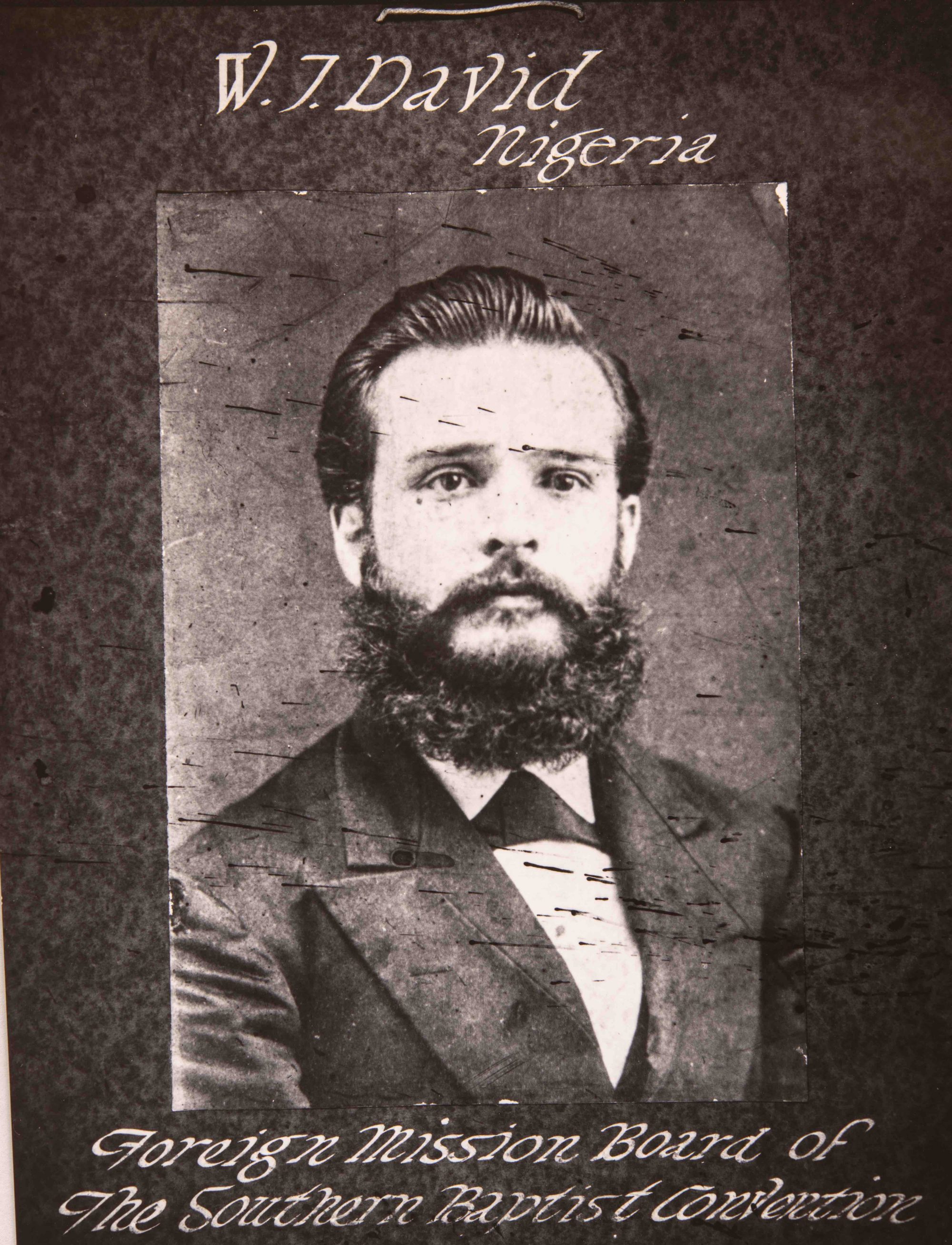
God at Work
Stories From The Field
Journal Excerpts from an African Missionary Colleague
Moses L. Stone remarked: "Surely the Lord is working among us both to will and to do of His good pleasure. I have some one hundred and forty, every Sunday to hear about our blessed Savior. From these he will, no doubt, choose His own. I go on Saturday to prepare the people for Sunday, and go on Monday to impress what they heard on Sunday." ...
